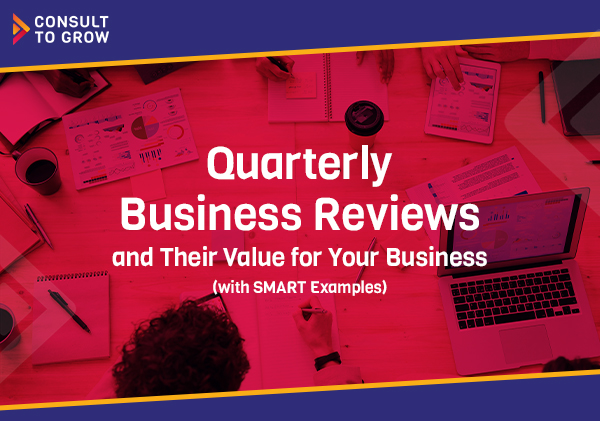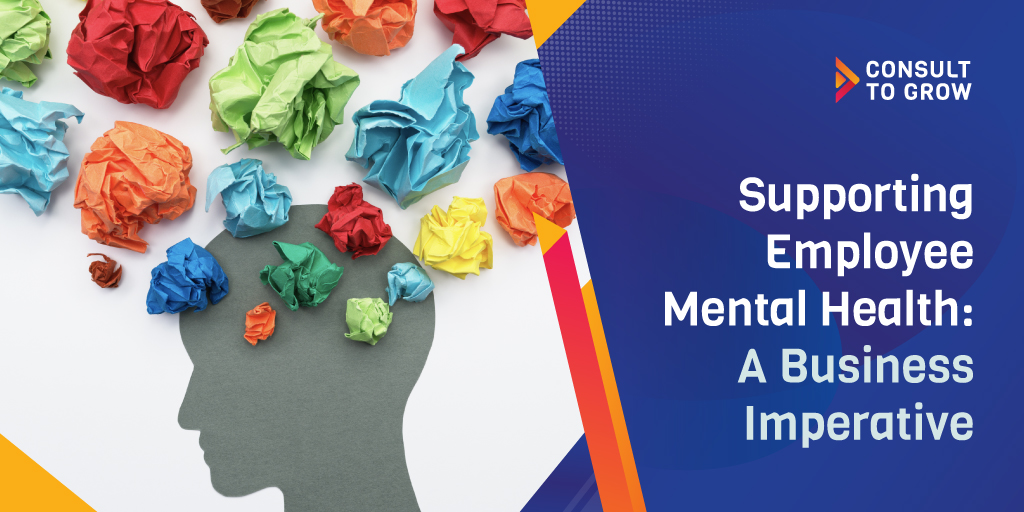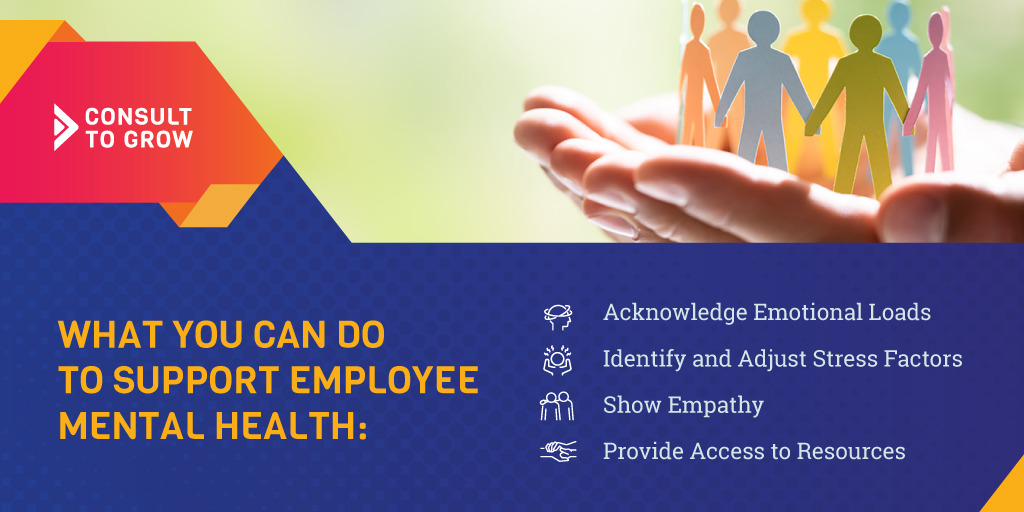
Quarterly Business Reviews (QBRs) and Their Value for Your Business (with SMART Examples)
What Is a Quarterly Business Review (QBR) & Why Does Your Business Need One? Running a business is demanding. As a business owner or founder,
There is no avoiding that employee mental health disorders are among the most burdensome health concerns for employers. This is especially true in the high-stress restaurant & hospitality industry, where workers often face many small pressures across all aspects of life that can quickly stack up into a crisis. Let’s talk about why this matters and what employers can do to strengthen their people to strengthen their businesses.

Employers can make a significant difference in helping their staff manage stress. Here are some key actions we can take (and help our managers implement at the unit level):

Check out this example of bartaco partnering with headspace to support their employee mental health and wellness:

Helping employees with mental health issues is a big ask of managers who are likely understaffed, overwhelmed, and unprepared to help workers care outside of work stressors. One of our clients engages the Corporate Chaplains of America to provide chaplains or care counselors to employees, shifting the burden of support to a trained professional. Corporate Chaplains of America has a non-secular affiliate named LEAPCare.
The Corporate Chaplains or Care Counselors provide a stabilizing force to support your employees and managers using a 4×4 philosophy: 4 key barriers addressed in a 4-point approach.
No matter what you do, it’s important to do something to better your people to better your business. What can you commit to today?
References & Resources
OSHA Mental Health Make Work Better
Mental Health America: Resources for Employers
World Health Organization’s Mental Health and Substance Use Resources
CDC Mental Health in the Workplace Fact Sheet
APA’s Work and Well-Being Survey Results
Consult to Grow® provides various tools and services to help you develop people strategies to grow your team. We can expertly assess your HR infrastructure, develop custom Employer of Choice strategies, facilitate leadership meetings and retreats, help you design bonus and incentive programs, and design managing partner programs. Ready to get started?

What Is a Quarterly Business Review (QBR) & Why Does Your Business Need One? Running a business is demanding. As a business owner or founder,

Owning multiple locations is often the most exciting milestone for a restaurant or retail owner, but it also comes with unique challenges. This post is

Is the weight of leadership or ownership pressing down on you? Do you wake up each day drained, overwhelmed, and uninspired? Maybe you are struggling